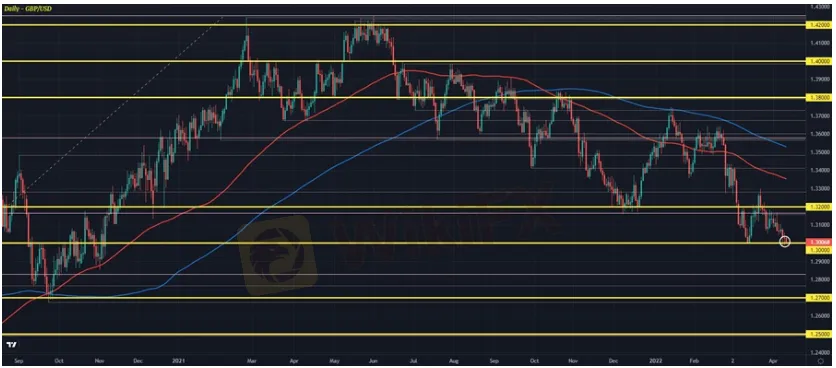简体中文
繁體中文
English
Pусский
日本語
ภาษาไทย
Tiếng Việt
Bahasa Indonesia
Español
हिन्दी
Filippiiniläinen
Français
Deutsch
Português
Türkçe
한국어
العربية
Dollar keeps slightly firmer in European morning trade
Abstract:The dollar is mostly higher, only a touch softer against the antipodeans
USD/JPY is still the main pair to watch and it is trading up 0.2% to 125.60 levels, with the high having touched 125.75 at the start of the session. Buyers are keeping a break above 125.00 and that remains the key level to watch on the week. US consumer inflation data later on will be the next key risk event to watch, so be wary of the market reaction to that.
Besides that, the euro and pound are keeping slightly lower against the dollar. EUR/USD is down to 1.0865 from around 1.0880 earlier while GBP/USD is coming close to test the 1.3000 level again from around 1.3030 coming into the session:

The aussie and kiwi are little changed against the dollar but it isn't anything that really stands out. AUD/USD is trading up 0.2% to 0.7435 as buyers keep a defense of 0.7400 for now.
Overall, the dollar remains underpinned as stocks are sluggish and as bond yields continue to push higher on the week.

Disclaimer:
The views in this article only represent the author's personal views, and do not constitute investment advice on this platform. This platform does not guarantee the accuracy, completeness and timeliness of the information in the article, and will not be liable for any loss caused by the use of or reliance on the information in the article.
Read more

Bank Negara Malaysia Flags 12 New Companies for Unauthorised Activity
Bank Negara Malaysia (BNM) has updated its Financial Consumer Alert List (FCA List) by adding 12 more entities, reinforcing its efforts to warn the public against unregulated financial schemes. Check if your broker made the list!

TradingView Brings Live Market Charts to Telegram Users with New Mini App
TradingView has launched a mini app on Telegram, making it easier for users to track market trends, check price movements, and share charts.

March Oil Production Declines: How Is the Market Reacting?
Oil production cuts in March are reshaping the market. Traders are closely watching OPEC+ decisions and supply disruptions, which could impact prices and future production strategies.

How to Calculate Leverage and Margin in the Forex Market
Leverage amplifies both potential profits and risks. Understanding how to calculate leverage and margin helps traders manage risks and avoid forced liquidation.
WikiFX Broker
Latest News
Exposing the Top 5 Scam Brokers of March 2025: A Closer Look by WikiFX
Gold Prices Climb Again – Have Investors Seized the Opportunity?
Webull Launches SMSF Investment Platform with Zero Fees
Australian Regulator Warns of Money Laundering and Fraud Risks in Crypto ATMs
The Withdrawal Trap: How Scam Brokers Lure Victims into Paying More
FCA to Investors: Think Twice Before Trusting These Brokers
Trump\s tariffs: How could they affect the UK and your money
Trump gambles it all on global tariffs he\s wanted for decades
TradingView Brings Live Market Charts to Telegram Users with New Mini App
HTFX Spreads Joy During Eid Charity Event in Jakarta
Currency Calculator







